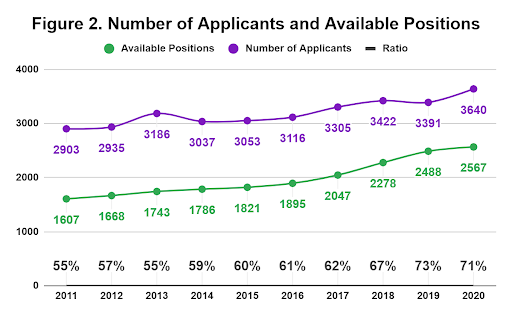That doesn't cut it. You have to document you spent more time than the PA/NP either during their entire ER stay. If they were there for 2 hours, you were providing more care than the NP/PA for at least 61 minutes. How are you going to prove that?
It's really going to affect the ability to justify the cost of NP/PA's.
Not quite yet my friend.
2022 rules—
Substantive Portion Definition in 2022 for E/M Levels
“For 2022, the substantive portion will be defined as one of the following:
• One of the three key components: history, exam, or MDM;
or
• More than half of the total time spent performing the shared visit.”
So either you claim more than half the time (certainly possible if you’re using the PA as a procedure-helper, chart scriber, etc… but still not the most common approach) OR you claim the substance portion of either Hx, PE OR MDM.
What is the substantive portion of one of those?
“the billing practitioner must perform the level of history/PE/MDM required to select the visit level billing”
So, the easy one to claim is MDM… the PA does the hx and PE, you discuss the case together and you perform the “substantive” MDM in the case (in real time).
Easy peasy if you at least have patients presented to you in real time (I think the minimum standard).
NOW, in 2023 the proposed rules ARE about 1/2 the time of the visit, which is going to be rather different.
And of course critical care billing is a different animal.

